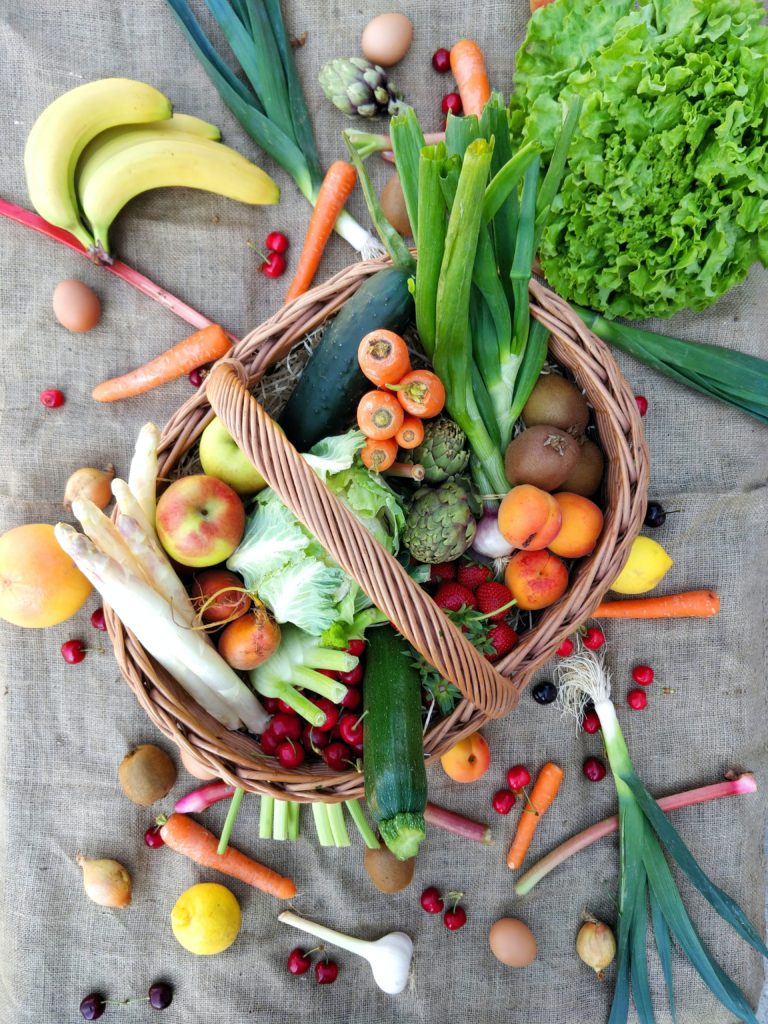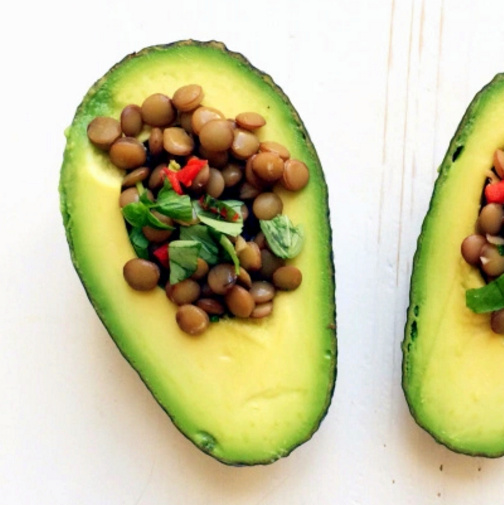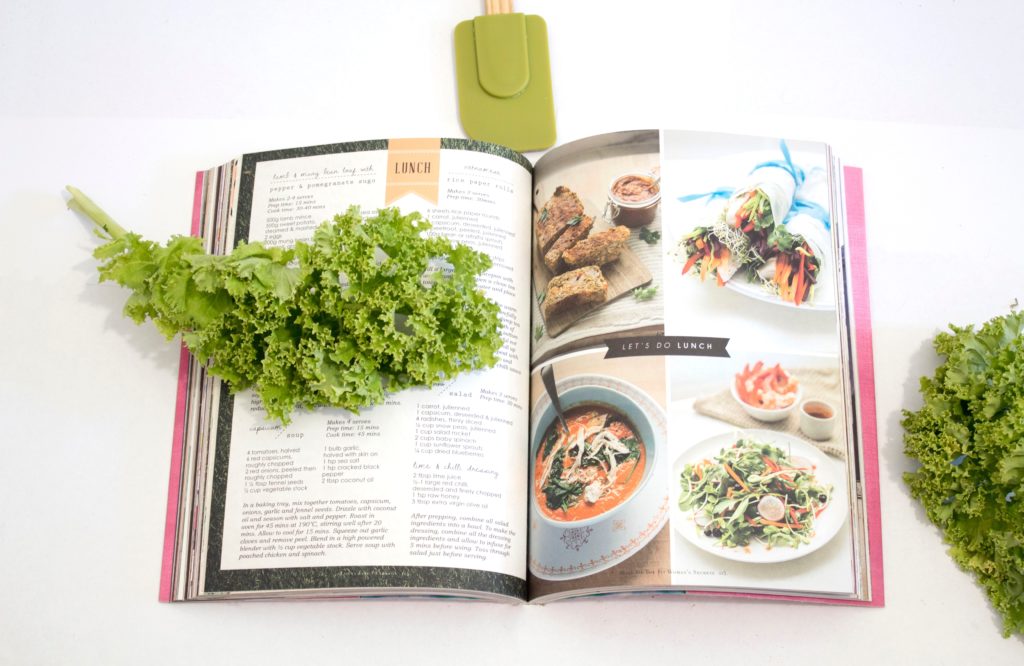Deciding to become a vegetarian is a big move and congratulations on embarking on it. Regardless if you do it for environmental, ethical or religious reasons, it will take some conscious steps to find alternative options to maintain your physical body and mental wellness. Getting a good nutritional balance is a start, but in time to come, eliminating meat from the diet can even have tremendous benefits.
Challenges at the Beginning
Choosing to adopt a plant-based diet can come with some difficulties. The more restrictive your diet is, the more challenging it will be to get in all the nutrients that your body needs. Discover with us what variety of foods you should include in your diet to be a healthy and balanced vegetarian. Being a healthy vegetarian or vegan is not only about eliminating the wrong things, but to learn how to create a sustainable and healthy vegetarian food routine and diet that works for your body.
Start Slowly
Maintaining a sustainable and healthy vegetarian diet will be a unique journey for you. Some might find that they resort to old eating habits while others find it easy to simply stop eating meat ‘old turkey’.

We recommend starting slowly. Slowly start to cut down on how much meat you would usually consume in a week. Set reasonable goals for yourself, perhaps you only eat a meat dish once a week for a month then ditch the dish altogether the next.
During this transition phase learn to substitute meat for plant-based alternatives. Slow and steady wins the race. You will feel more confident and in control of your new diet if you start slowly.
By jumping into a vegetarian diet you run the risk of restricting your diet and compromising your health as a result. You must maintain a balanced diet to be your healthiest self.
Your Food Pantry Makeover
You want your new meals to include a diversity of foods to ensure that your body still gets all the necessary vitamins, minerals, and nutrients it needs to sustain your lifestyle.

The first step in being a vegetarian is to include a variety of specific foods in your diet. These include:
Fruits
When you start on your new vegetarian diet do not hold back—fill your fridge with colourful fresh fruit. Fruits and vegetables are a great source of fibre. Include different nutrient combinations by eating a rainbow of colourful fresh fruits. This includes but is not limited to:
- Stone fruits: peaches, apricots, peaches, and plums
- Mellons
- Apples and pears
- Citrus fruits: oranges, lemons, limes, and grapefruit
- Tropical and exotic fruits: mangos and bananas
Fruit smoothies are a great way to start your day. Fruit is also a healthy choice when wanting to curb a sugar craving or if you need a snack.
Another hot tip to consider is to eat seasonal fruit and vegetables. Mother nature provides specific foods during specific times of the year for a reason.
Vegetables
Substituting vegetables over meat can leave you feeling satisfied and filled with energy.
- Marrow: pumpkin, butternut, zucchini, and cucumber
- Roots: ginger, potato, sweet potato, and yams
- Leafy greens: kale, spinach, bok choy, and herbs
- Cruciferous vegetables: broccoli, cabbage, cauliflower, kale, radish, Brussels sprouts, and collard greens,
Protein
This is an important one because our bodies need a good amount of protein to be healthy. How much protein you should be consuming a day varies per person and you can use this Protein Calculator to know how much protein is good for your body.
The following foods are loaded with proteins, be sure to include a good amount of these protein-packed foods in your diet when going vegetarian.
- Legumes and beans: black beans, chickpeas, lentils, mungbeans and kidney beans
- Milk – non-dairy milk and dairy, cheese and yoghurt.
- Nuts and nut butter: almonds, cashews, macadamias, walnuts etc
- Seeds: chia, flax and hemp
- Soy products: Tofu, soybeans and tempeh
- Eggs
Grains
A wholesome diet is a healthy one. Do not shy away from these pantry staples, they bring so much heart and flavour to your diet.
- Brown rice
- Quinoa
- Oats
- Pasta
Fats
Your body needs a variety of healthy fats to function. These fats are delicious, filling and good for you.
- Avocados
- Oils: Olive oil, sesame oil, and avocado oil
- Butter

You must learn what foods do and do not work for your body. Your body will give you some obvious clues as to which foods agree with you and which foods to avoid.
Listen To Your Body
Learn how different foods make your body feel.
Nutritionist Joshua Rosenthal coined the term “Bio Individual” which he uses to describe diets that are not one size fits all. Each person has a unique biological makeup that requires individualized nutritional requirements.

Spend some time experimenting with different foods. If you feel any of the following you will know to avoid adding those foods to your new diet.
- Bloating.
- Gass.
- Low energy levels.
- Skin problems – breakouts or a rash.
- Brittle hair and nails.
- Mood swings.
Keep A Food Journal
When you are first starting with your new vegetarian diet it is not a bad idea to keep a food journal. Make a note of what you eat each day, how much water you drank, what exercise you did, and how you felt at the end of the day.

This is a great way to keep track of how your body is responding to your new vegetarian diet. You can also keep a visual track of all the foods you are including and can get a clear understanding of what you might be missing from your diet.
Learn New Recipes
Delicious and healthy recipes are easy to find.
You are bound to hear some criticism for choosing a plant-based diet. People underestimate the diversity of meals that being a vegetarian has to offer. Do not limit or restrict your diet. Use this time to get creative in your kitchen and discover new vegetarian recipes.
One sure way to create a boring and unhealthy vegetarian diet is to restrict your diet and not do the research. The internet is full of amazing easy plant-based recipes waiting for you to find and make at home.

We encourage you to cook your meals at home. This allows you to learn more about what foods you are including and possibly lacking in your diet.
Hot tip if you decide to eat out: research the menu at a restaurant beforehand so you have an idea of what vegetarian dishes they offer.
Plan Your Meals
Create a weekly meal plan and try to stick to it. This will help save you time in the kitchen and you can prepare your meals in advance each week. Busy lifestyles can sometimes prevent us from staying on track with a healthy vegetarian diet.
Our solution to this is to spend one day a week planning your meals for the following week. Beginning your new plant-based diet like this will ensure that you are not skimping on meals and depriving your body of important nutrients.
Ask For Advice
Nobody knows your body better than you do. If you feel healthy, strong, and energetic then you are on the right track.
Consult with a trained nutritionist if you have concerns about your health.
If you have any medical conditions or serious allergies then it is always best to seek counsel from a trained nutritionist before putting your health at risk.
There are few risks associated with a plant-based vegetarian diet. The risks that you might encounter are if you do not include enough proteins, minerals, and vitamins in your diet.
Benefits Of Being A Vegetarian
Feel refreshed, healthy, and full of energy again.

Vegetarian diets are often associated with a large number of health benefits. This is due to the variety of foods that vegetarians include in their diet. If adopting a plant-based diet is done safely and correctly these are some benefits that one can expect:
- Healthy weight gain or loss.
- Glowing healthy skin.
- Reduces risk of illness.
- Increased energy.
The key here is to learn how to adopt a vegetarian diet in a way that is healthy for your body.
The Takeaway
If you are wanting to improve your health, help the planet, or just include more fibre in your diet then going vegetarian is a good option. Treat your body with love and respect when starting this new diet.
The key to being a healthy vegetarian is to enjoy all the delicious foods that mother nature has to offer. Make sure that your new diet is sustainable for you and that you are eating a balance of proteins, minerals, and vitamins. Most importantly, be sure to enjoy your food and have fun making new recipes.
